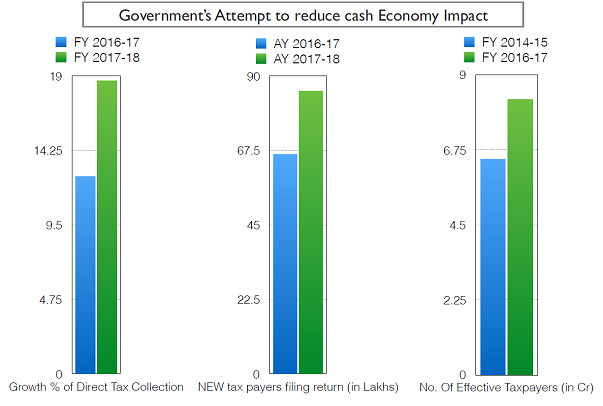
Four eminent tax experts, being S. E. Dastur, Bansi S. Mehta, Saurabh Soparkar and Dr. Girish Ahuja, have conducted an in-depth analysis of the Finance Bill 2018 and explained all of its important amendments. Advocate Sashank Dundu has meticulously summarized the views of the four experts and highlighted the important aspects. The summary will prove invaluable to all taxpayers and professionals
The Finance Bill, [2018] 401 ITR (St.) 36, has been analysed by various Senior Advocates and Chartered Accountants. Some of the important amendments, points, and the views of the speakers have been summarised for the benefit of tax professionals and readers, as under:







